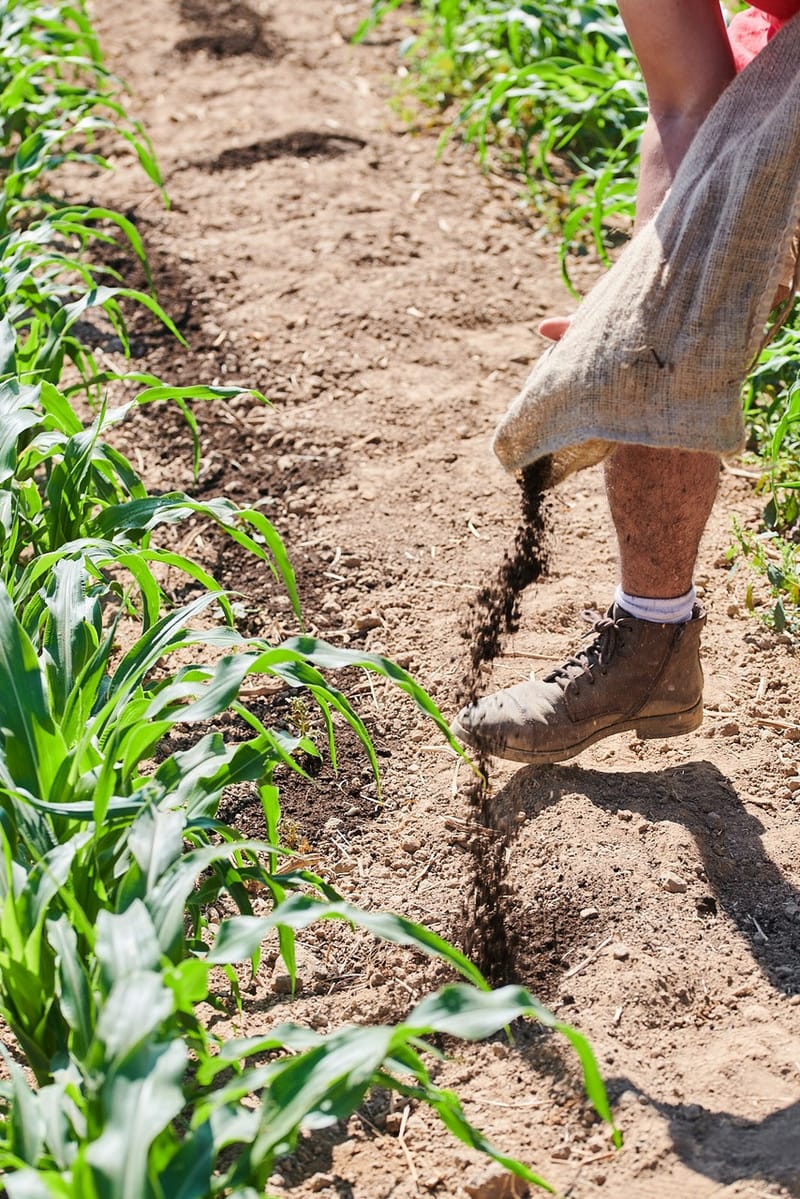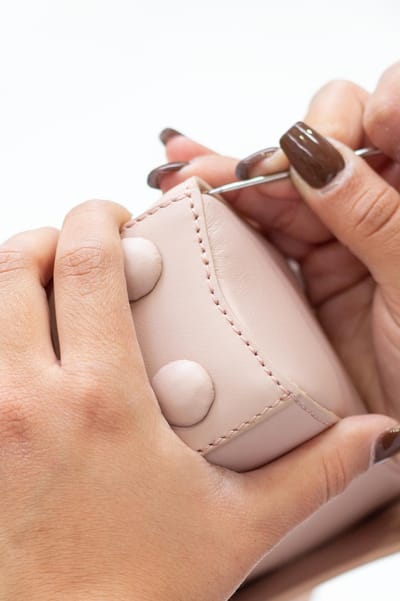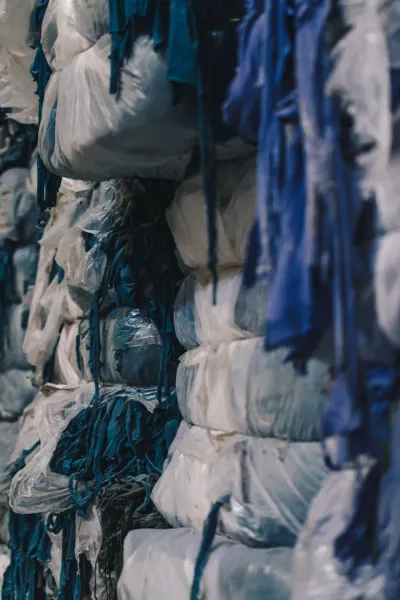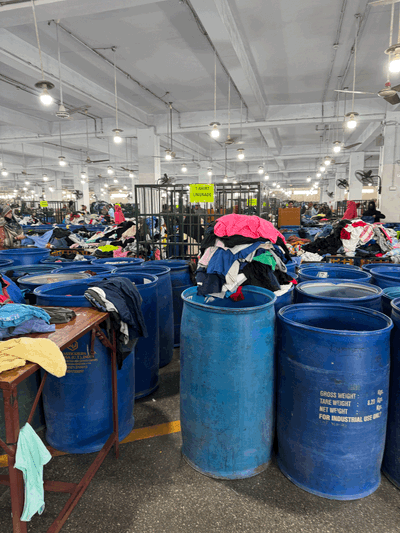In a world increasingly conscious of its environmental footprint, Balena has emerged as a force for sustainable transformation. Founded with a bold mission to revolutionise the plastics industry, Balena has developed cutting-edge, biodegradable materials that challenge the status quo of conventional plastics. At the heart of their innovation is BioCir®, a unique material that promises to be fully biodegradable, compostable, and capable of integrating seamlessly into the circular economy.
“We were founded on the idea of creating a truly sustainable alternative to conventional plastics,” says David Roubach, Balena’s CEO. “From day one, we’ve been committed to producing materials that not only perform at a high level but also return to nature without harm when their life cycle ends. BioCir® embodies that vision.”
At the core of Balena's innovative approach is its proprietary BioCir® material, which is designed to address the shortcomings of many existing bioplastics. While some biodegradable materials may eventually break down, they often lack proper end-of-life management, leading to pollution or landfill accumulation. Balena seeks to change this paradigm, not just through innovation but through collaboration. Their partnerships with major brands like Vivobarefoot and Forever Soles have allowed them to scale their materials across different industries, demonstrating the potential of their technology.
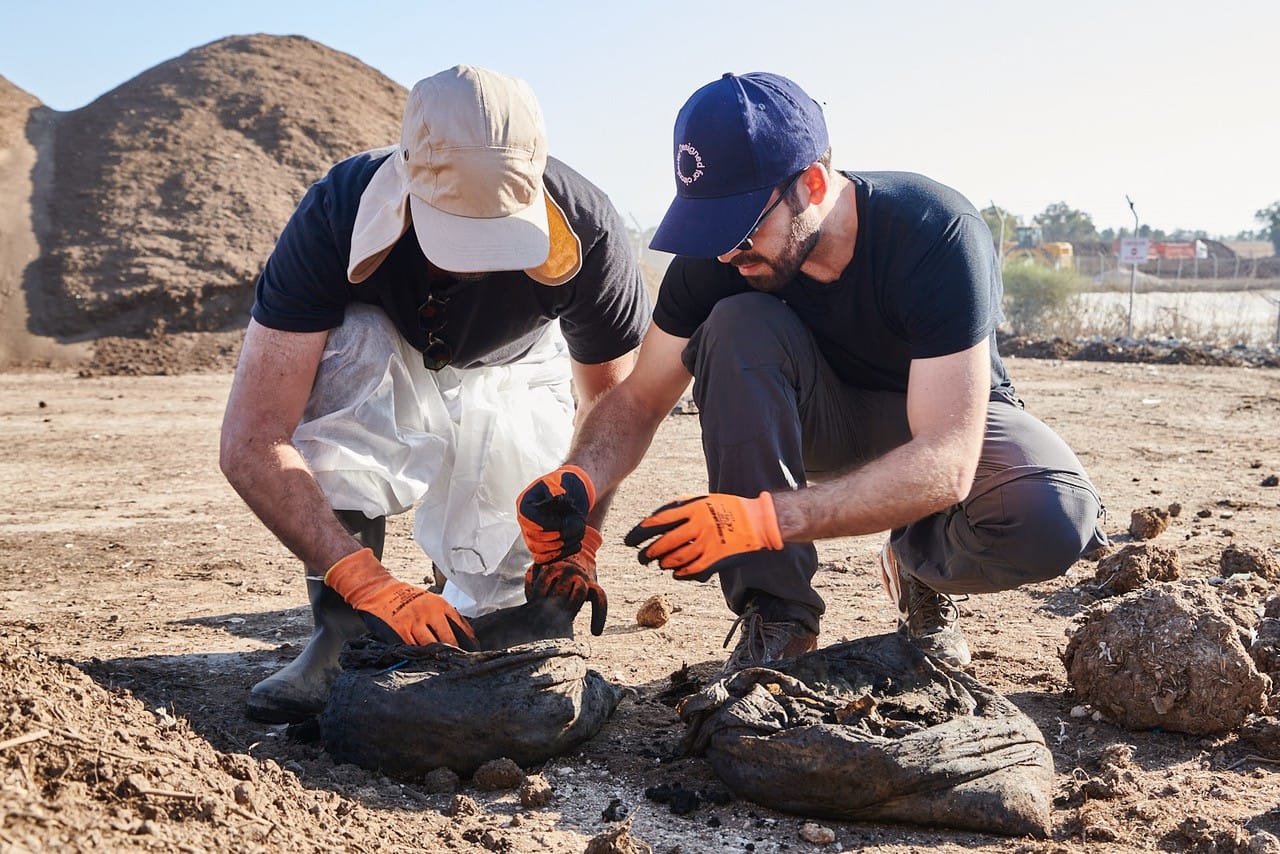
“We’ve worked with amazing partners, and it’s gratifying to see BioCir® making a real difference across multiple sectors,” Roubach explains. “What sets us apart is that we don't stop at providing a solution—we ensure that the entire lifecycle of the product is managed responsibly.”
In an increasingly competitive landscape of sustainable materials, Balena's solutions stand out. According to Roubach, the company's ability to combine biodegradability and performance makes them unique. “There are many solutions out there, but few can claim to offer full biodegradability without compromising on functionality,” he notes. “We don’t believe in sacrificing quality for sustainability, and BioCir® achieves that balance.”
A key aspect of Balena’s strategy is its commitment to a fully circular approach, emphasising the importance of end-of-life management. Yael Vantu, Balena’s Chief Product Officer, elaborates on the development of BioCir® and the other materials in the company’s portfolio, including BioCirFlex® and BioCirX®. “From the very beginning, our focus was on creating materials that not only met performance standards but were also part of a comprehensive circular economy model,” she explains.
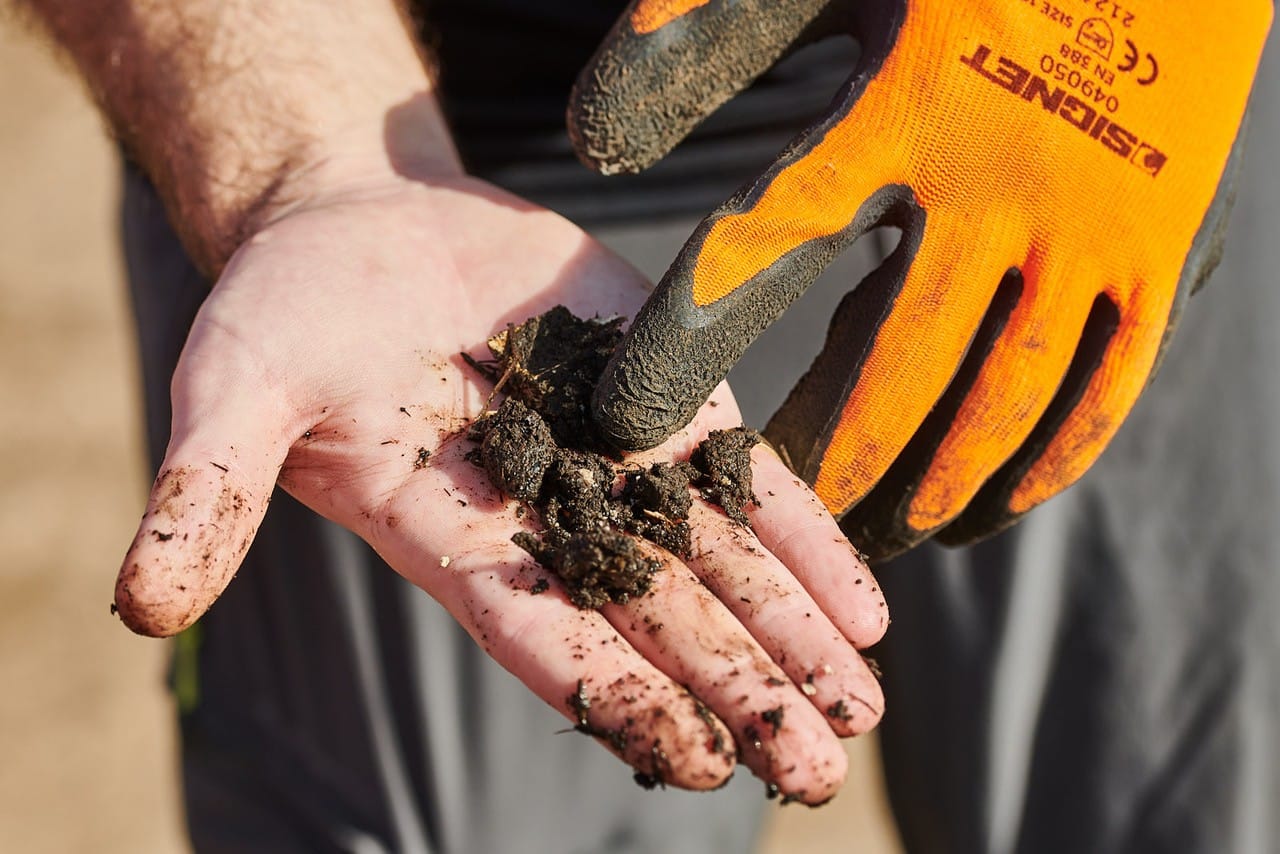
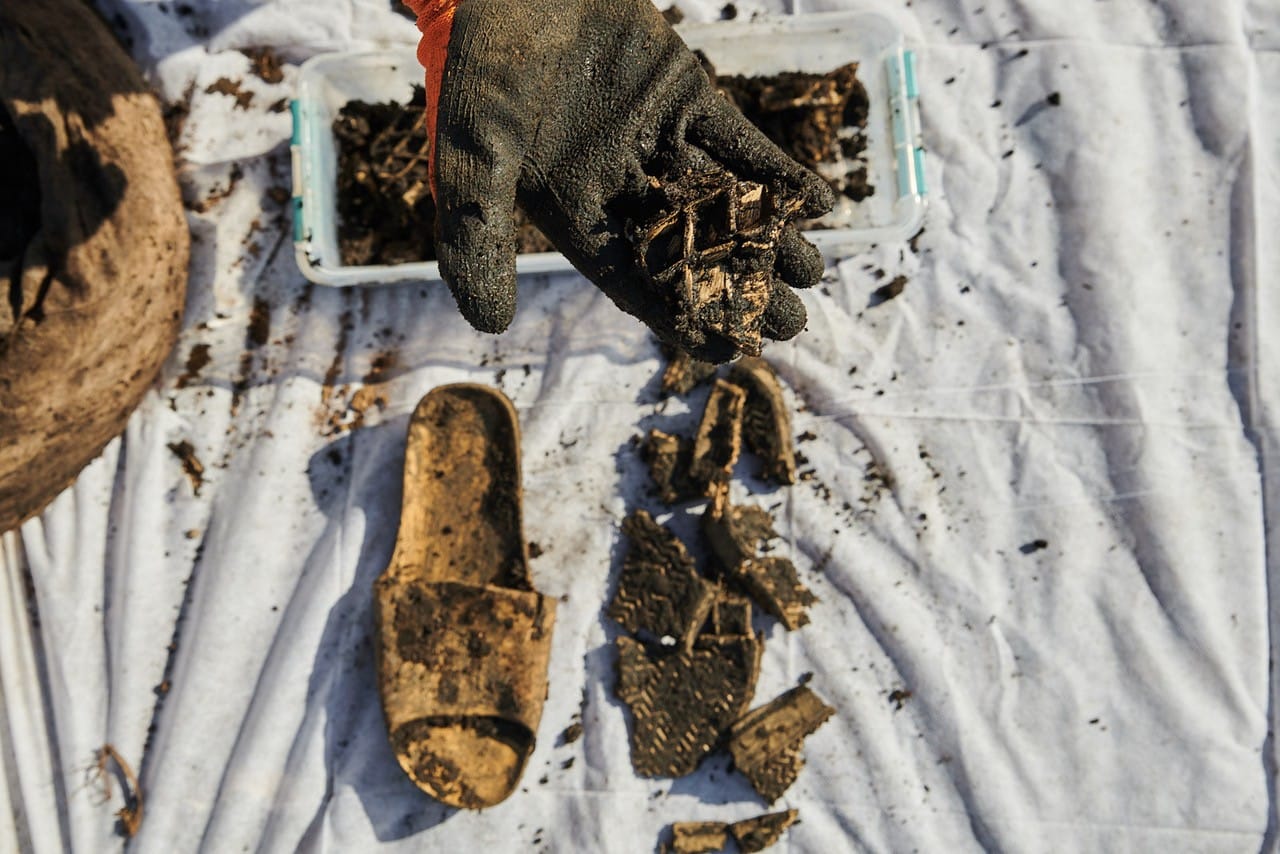
“BioCir®X is particularly exciting because it’s fully biobased and biodegradable in soil, marine, and water environments. It’s a game-changer for rigid injection molding applications, providing a sustainable alternative to traditional petrochemical materials like polypropylene (PP) and ABS.”
Balena’s BioCir® ecosystem does not end with the production of materials. Their BioCycling program, an industry-first initiative, ensures that products made from their materials are returned to nature in a safe and responsible manner. Through strategic partnerships with industrial compost facilities worldwide, Balena has established a network that facilitates the full decomposition and biodegradation of their products. This closed-loop system exemplifies their commitment to true circularity.
“Balena’s BioCycling programme is an essential part of our sustainability strategy,” says Roubach. “It ensures that the materials we produce are returned to the earth safely, leaving no negative impact. This is what it means to be truly circular.”
While Balena’s ambitions are grand, scaling a company that pioneers new materials is not without challenges. Roubach admits that the process of bringing their materials to market has required overcoming significant hurdles, from production scaling to navigating complex regulatory environments. “Scaling production while maintaining our high standards has been one of our biggest challenges,” he explains. “But we’ve invested heavily in advanced manufacturing technologies and are working closely with regulatory bodies to ensure compliance.”
Despite these obstacles, Balena’s prospects have attracted strong investor interest. With the growing demand for sustainable solutions, the company is well-positioned to leverage this momentum for future growth. Roubach is confident that their unique approach will continue to attract support from investors who are increasingly looking to fund sustainable and impactful ventures.
“Investors are drawn to us because we’re offering something truly innovative—materials that combine performance with sustainability,” he says. “Our goal is to expand our market presence, enhance our research and development, and forge more strategic partnerships. The potential for growth is immense.”
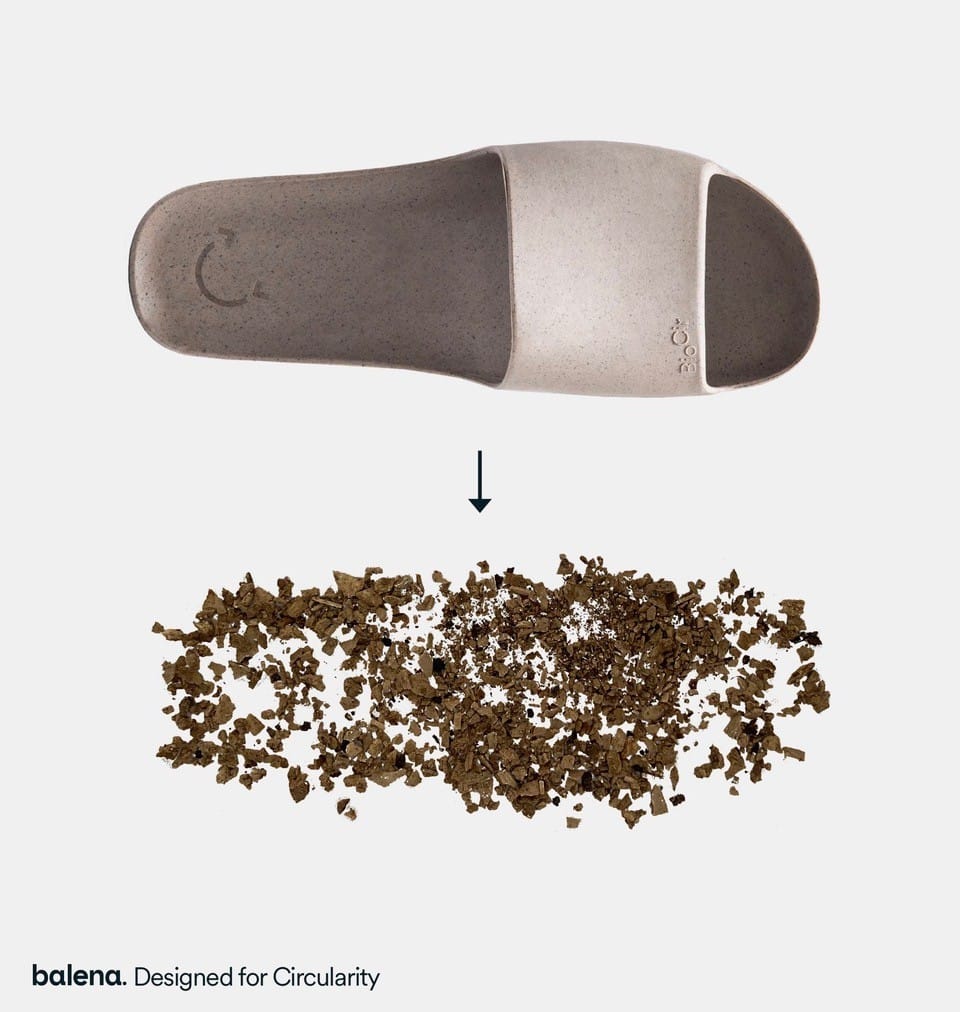
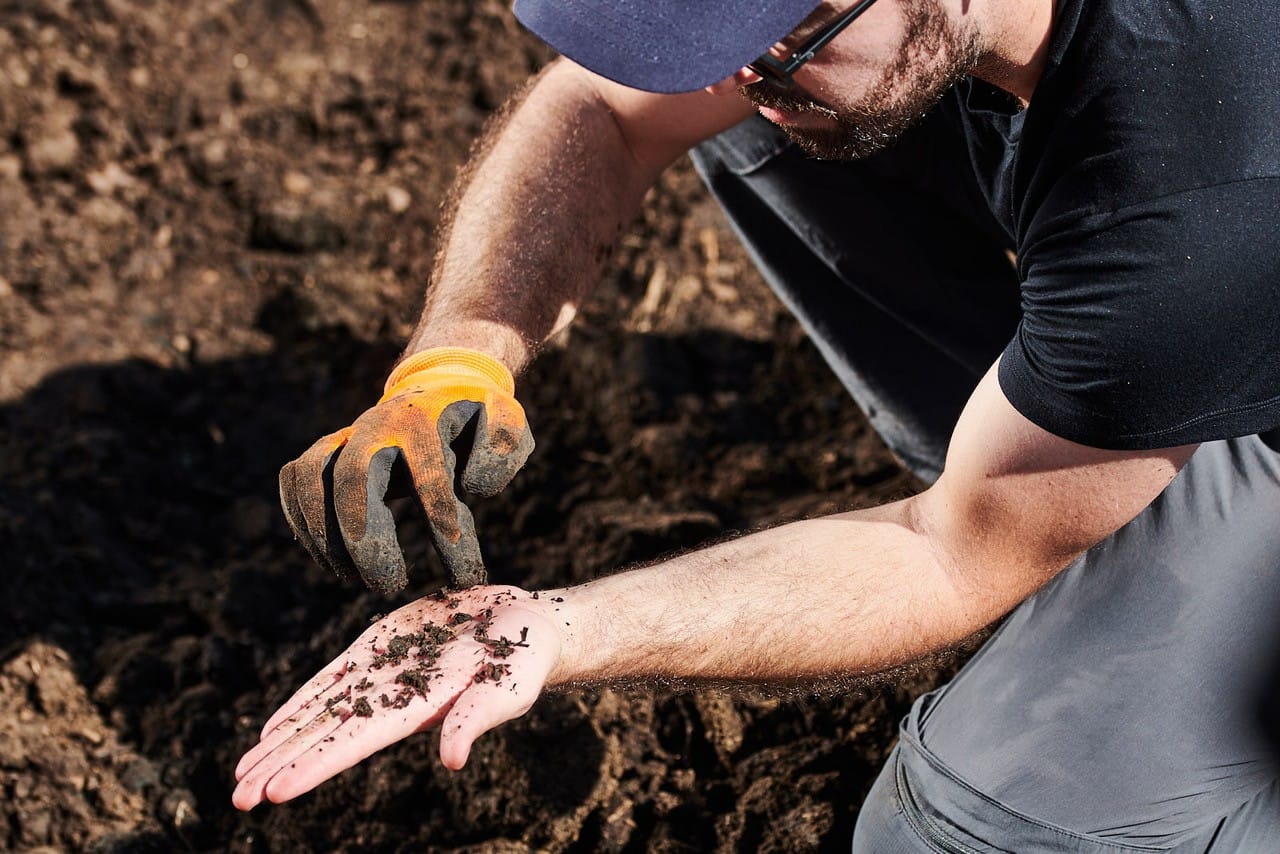
Balena’s success has also been driven by its team of experts, who bring a range of talents to the table, from material science to product design. Vantu highlights the importance of fostering a culture of innovation within the company. “We’re fortunate to have a team that is both passionate and highly skilled,” she says. “As we grow, we’re continuously seeking out new talent in areas like manufacturing and sustainability to ensure that we stay ahead of the curve.”
This focus on innovation has led to the development of several new materials, including BioCirFlex® and BioCir®Flex3D. Vantu is particularly enthusiastic about BioCir®Flex3D, a flexible, durable, and fully compostable material designed for 3D printing. “It’s a fantastic material because it balances flexibility with durability while being completely biodegradable,” she explains. “We’re excited to see how it will be used in applications that require intricate designs and adaptability.”
As Balena continues to innovate, its focus remains on developing solutions that align with its broader mission of sustainability. With the launch of new materials like BioCirX® and BioCirFlex3D®, the company is poised to revolutionise industries that rely on plastics, providing alternatives that are not only environmentally friendly but also high-performing.
“We’re at a pivotal moment,” says Vantu. “Our materials are gaining traction across various industries, and we’re constantly exploring new applications and partnerships. We’re particularly excited about the potential of BioCir®X, which is positioned to replace non-biodegradable petrochemicals in high-impact applications.”
Balena’s vision goes beyond merely creating sustainable materials—it is about redefining the way we think about waste and resources. By embracing a circular economy model and prioritising innovation at every step, the company is proving that sustainability and performance can go hand-in-hand.
“We’re not just offering alternatives to plastics,” Roubach concludes. “We’re offering a future where materials are made with the planet in mind. That’s the impact we want to scale.”
As Balena continues to push the boundaries of material science, its commitment to circularity and sustainability serves as a powerful reminder that the future of plastics lies not in landfill, but in nature.

